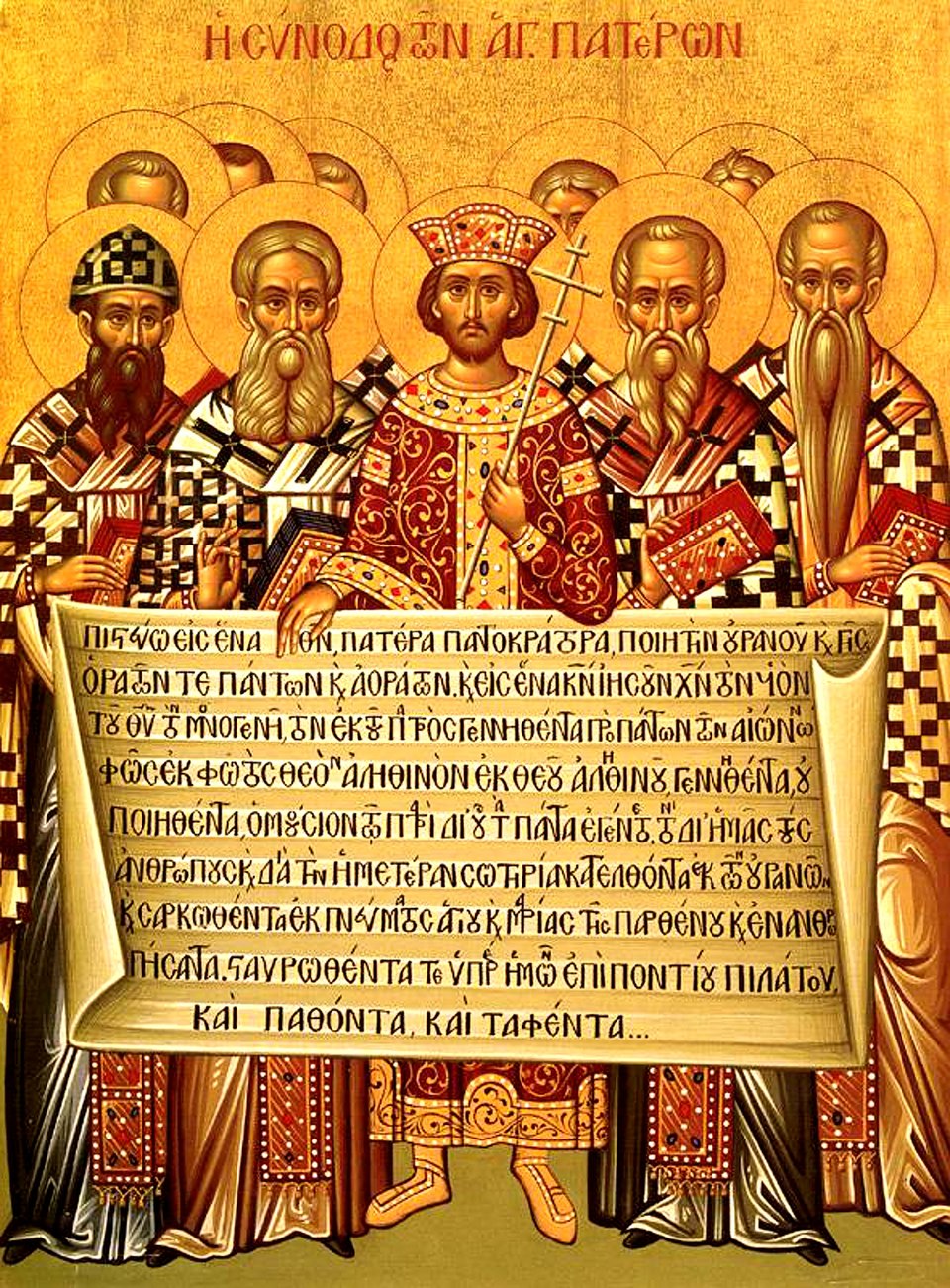Nicaea 1700 (May 2025 at First OPC)
Remembering the Council of Niceaea and the faithful ministry of Athanasius.
This month marks an important anniversary. One-thousand seven-hundred years ago, in May 325, church leaders from far and wide gathered in Nicaea. The Council of Nicaea is remembered especially for the Nicene Creed, which we still confess in worship today. The Creed distills the message of Scripture into an expression of Christian faith in the three persons of the Holy Trinity. It soon became the cornerstone of Christian orthodoxy, received by virtually every Christian church ever since.
A Stormy Century
The Council itself was not actually the decisive moment in the fourth century. It was more like the first roar of a thunderstorm. Important theological questions had been building for a long time, while the Church struggled to endure frequent persecutions. When the emperor Constantine converted to Christianity in about the year 311, the Church suddenly was able to conduct its business more thoroughly and openly than ever before.

The first flash of controversy struck in Egypt. A priest named Arius was preaching that Jesus Christ was not fully God. He claimed to be preaching biblical truth, and he said his aim was to guard the unique glory of God the Father. After all, Scripture says that “the Lord your God is one” (Deuteronomy 6:4) and in John’s Gospel, Jesus said that “the Father is greater than I” (John 14:28).
That explanation persuaded some, but not his bishop Alexander, who forbade Arius from preaching this doctrine. Soon bishops from elsewhere were drawn into the conflict, until the controversy grew so big that Constantine called for a council. Meeting at Nicaea, the bishops agreed that Arius’s teaching was not biblical, and they approved a creed that expressed the true scriptural teaching about God the Father, Son, and Spirit. As our Shorter Catechism puts it, “these three are one God, the same in substance, equal in power and glory.” That is the Nicene doctrine.
Athanasius Against the World
A young man named Athanasius attended the Council as personal assistant to the aged bishop Alexander. He was a bright and talented young Christian man who would soon take Alexander’s place as bishop in Egypt. Athanasius spent the rest of his life (almost fifty years) finishing what the Nicene Council had started. Leading bishops and politicians thought it was a bit extreme or fundamentalist to insist on the Nicene doctrine. It was fashionable to be open-minded about these things.

Athanasius didn’t really care about fashion. His priority was faithfulness. This attitude did not make for an easy life or ministry. Not long after attending the Council of Nicaea, he became the next Bishop of Alexandria in Egypt, a ministry that he held for almost forty years. In that time, he went toe-to-toe with several emperors, avoided arrest more than once, and endured several long exiles.
For his persistence, he earned the nickname “Athanasius against the world.” His leadership paid off in a big way about a decade after his death, when another council met at Constantinople in 381 and adopted the Nicene Creed in its final form, which is the form that we still use today.
The Nicene Doctrine and Our World
Here in Silicon Valley in the twenty-first century, we aim to be worthy successors of Athanasius. The Nicene doctrine is just as unfashionable in our day as it was in his. In the name of science, many in our day deny that God is the “maker of heaven and earth.” Academics, activists, and the average person on the street all frown at the idea that there is only one Savior, Jesus Christ, who "came down from heaven." Technologists and politicians think that it is simple-minded to look for true "life" from the Holy Spirit. Leading voices tell us to think for ourselves, paying no attention to what the Spirit has spoken “through the prophets." And where in the world do we find anyone looking for "the life of the world to come"?
To stand against the world, we need God’s help. Our doctrine must not merely be a page on our church website, but a living reality in our hearts and minds, as it was for Athanasius.
When we say “against the world,” we must not get the wrong idea. The best thing we can do for the world around us is to hold fast to the Nicene doctrine, because it is the foundation of the Gospel, by which God our almighty creator calls all men and women to repent of their sins, to trust in the redemption of his Son, to find true life in the Spirit, and thus to become (as we were created to be) true worshippers of the Holy Trinity, both now and in the life to come.